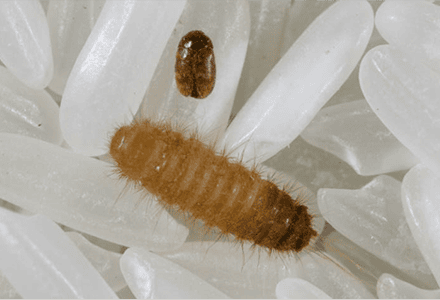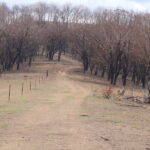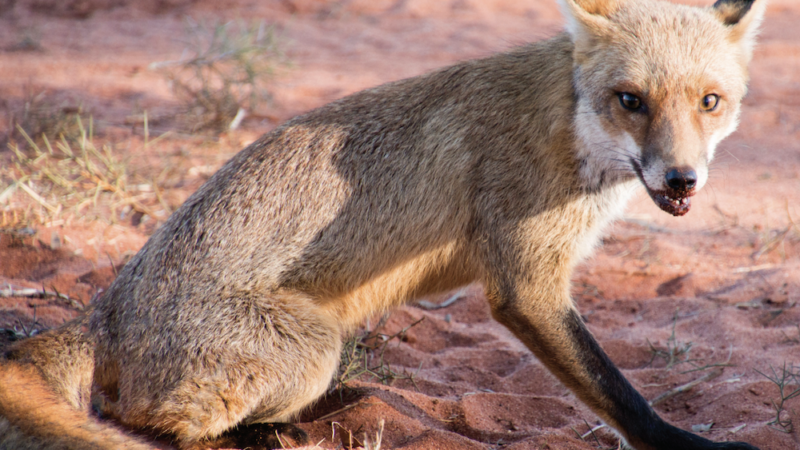After weeks of frustration and concerns about how the looming harvest would be managed, a…
Hitchhiker pests a growing concern for ag

Concerns about hitchhiker pests entering Australia inside shipping containers are intensifying with calls for the federal government to step up its biosecurity efforts.
The National Farmers Federation (NFF) and NSW Farmers agree community vigilance is an important component of ensuring Australia’s biosecurity.
But they say government intervention is also required to stop the arrival of exotic bugs including khapra beetle, fall armyworm, fire ants and serpentine leaf miners into Australia.
Current system not good enough
The push comes after a CSIRO report into Australia’s biosecurity called for an urgent modernising of the current system to protect Australia’s ag sector.
The report found the current model is not innovative enough to block new and emerging risks and stop them from causing social, environmental and financial harm.
Khapra beetle larvae found in new fridge
The debate has also intensified after Canberra man, Brett Burdett, discovered larvae of the grain industry’s no.1 enemy, the khapra beetle, in the packaging of his new fridge in August this year.
Mr Burdett received a community award for reporting his find of the unusual insect.
His decision to report the discovery meant the agriculture department to initiate immediate tracking, tracing, inspection, containment and treatment of the pest, and showed what a critical role the community plays in biosecurity surveillance.

Government will and investment needed
National Farmers Federation CEO Tony Mahar said community vigilance is an important component of biosecurity, but it must be supported by the requisite will and investment of government.
“An outbreak of khapra beetle could cost Australia $15.5 billion over 20 years through revenue losses from reduction in production and exports.
“Unfortunately, the global spread of khapra beetle is increasing and it is being detected on a wide range of plant products and as a hitchhiker pest on containers from places where khapra is not known to occur.
“The spread of khapra � and many other damaging pests and diseases � is deeply concerning to Australia�s farm sector, and the reporting of a further detection of khapra only serves to add weight to the NFF�s call for government to better resource border and pre-border biosecurity measures.”
National Farmers Federation CEO Tony Mahar

Bio-security levy and a container levy needed
NSW Farmers President James Jackson shares the same view.
He says it’s time importers – who create and benefit from this problem – contribute financially to help mitigate and manage the risks to Australian ag as these bugs continue to decimate natural ecosystems.
“Australia can no longer tolerate fire ants, varroa mite, armyworm, khapra beetles, serpentine leaf miners, crawling out of containers every week.
NSW Farmers President James Jackson
Mr Jackson has called on federal Agriculture Minister David Littleproud to push for a container tax and an onshore biosecurity levy to help reduce risks from the arrival of unwarranted bugs.
To view Mr Jackson’s video about the issue, please click here.
To read more about the CSIRO’s new report, Australia�s Biosecurity Future: Unlocking the next decade of resilience, please click here.








